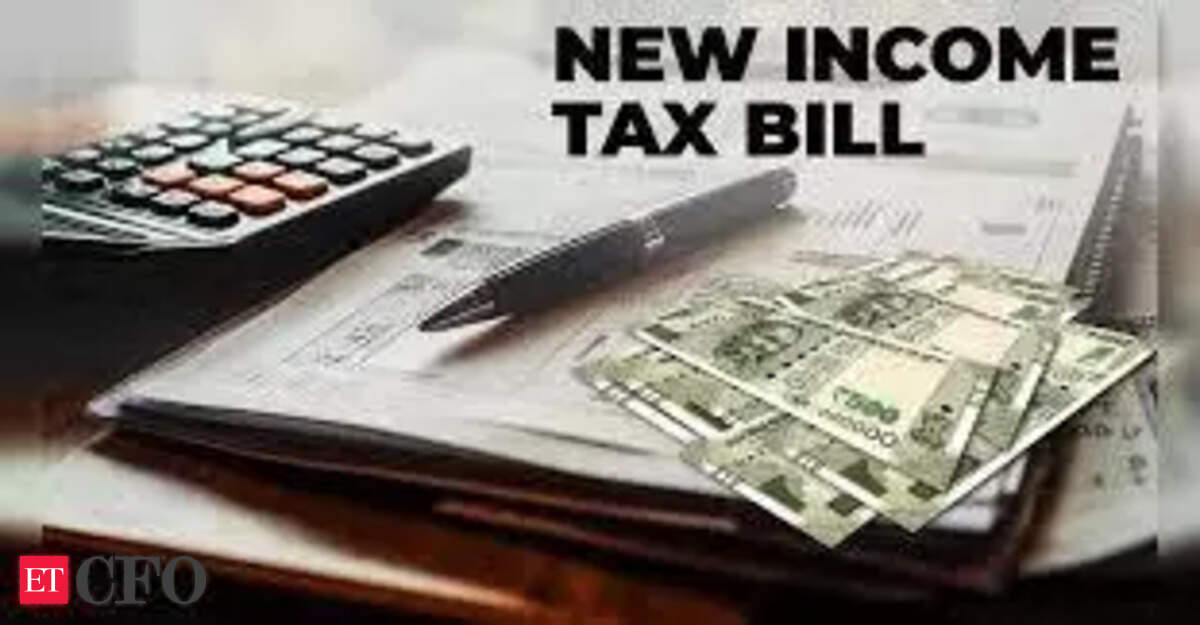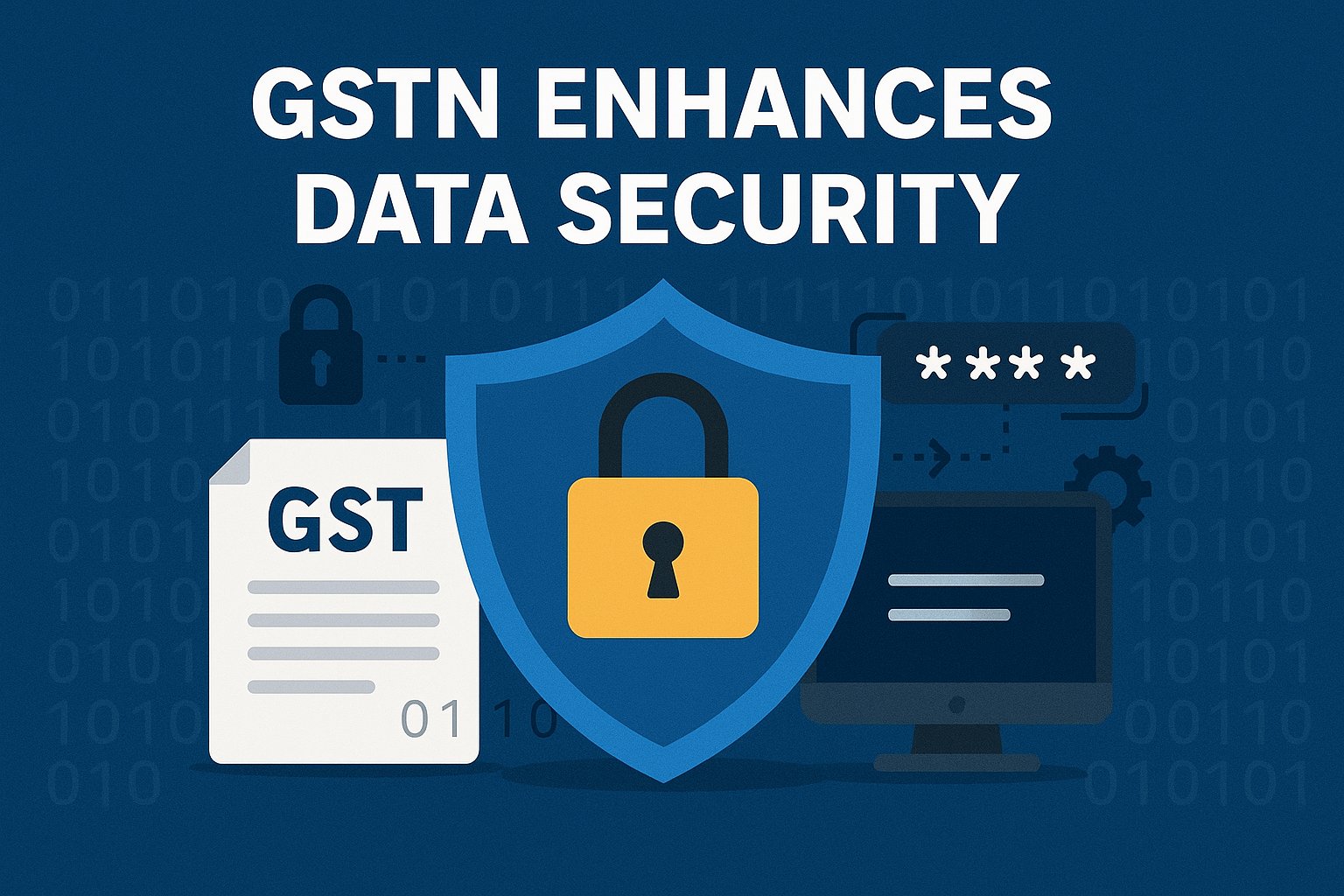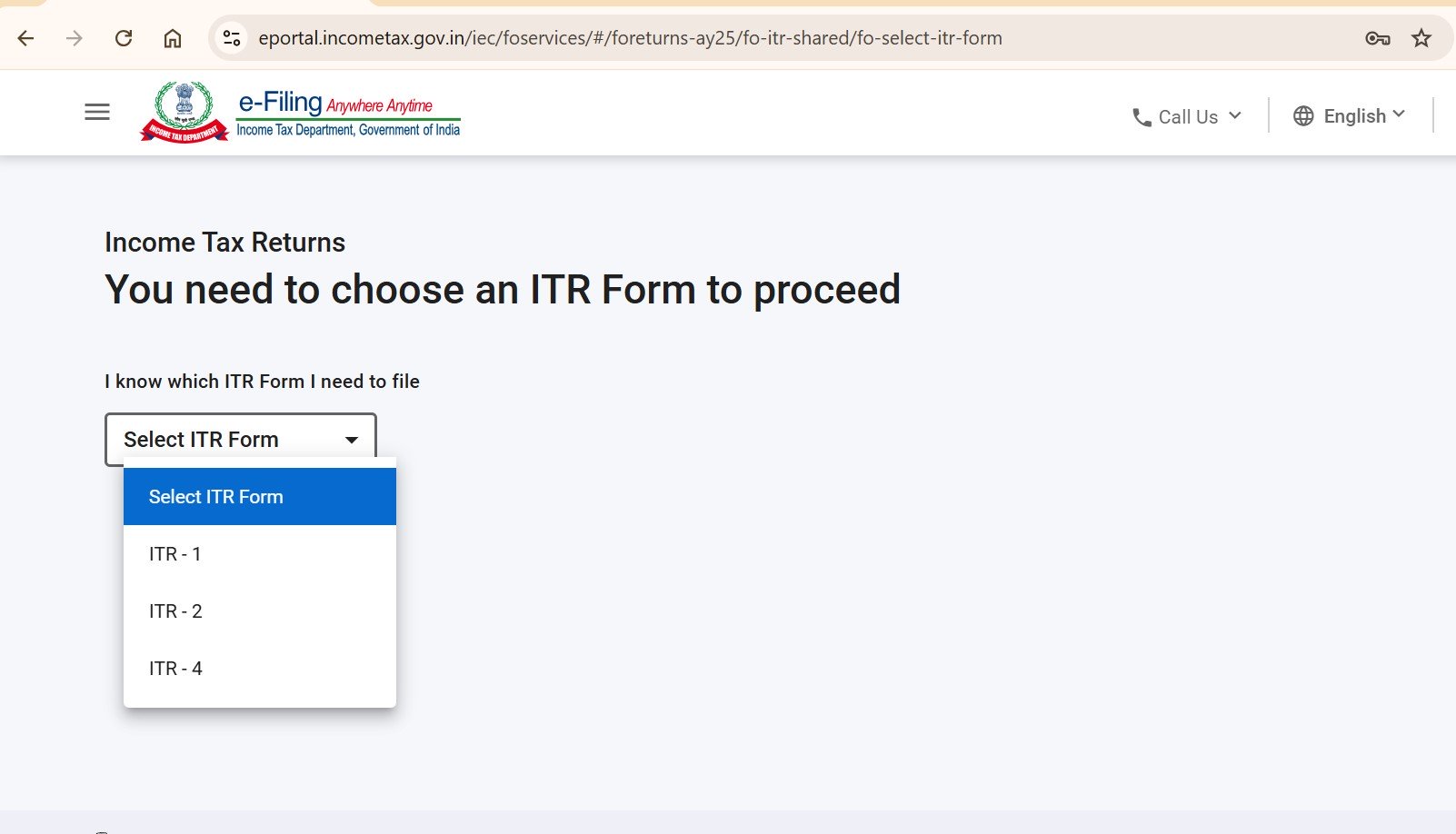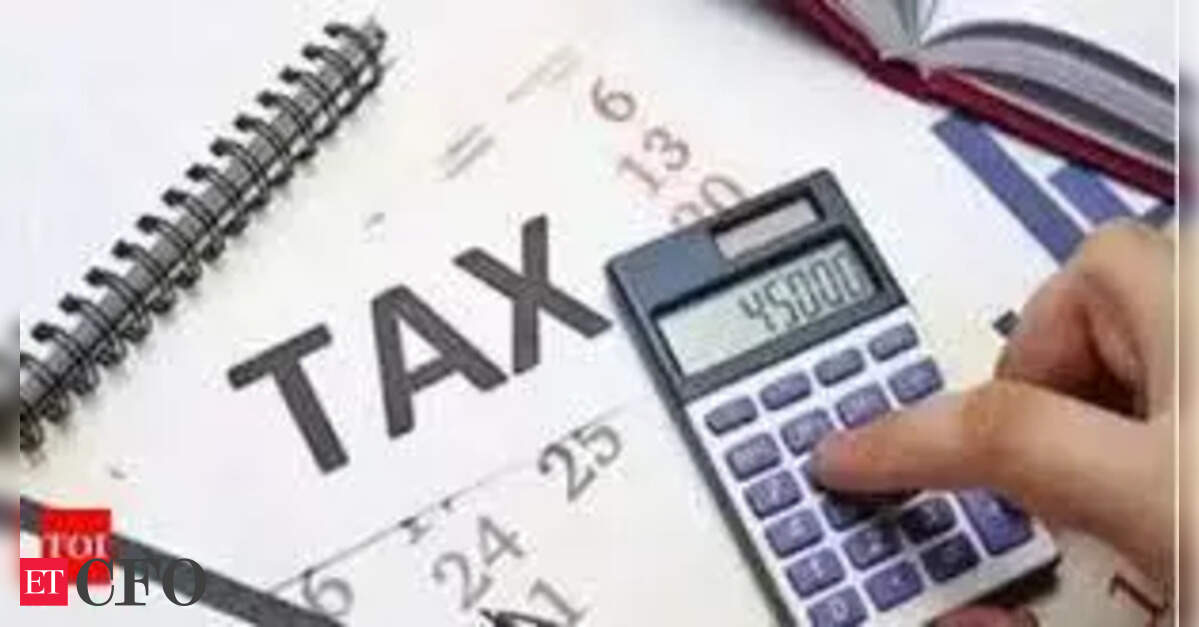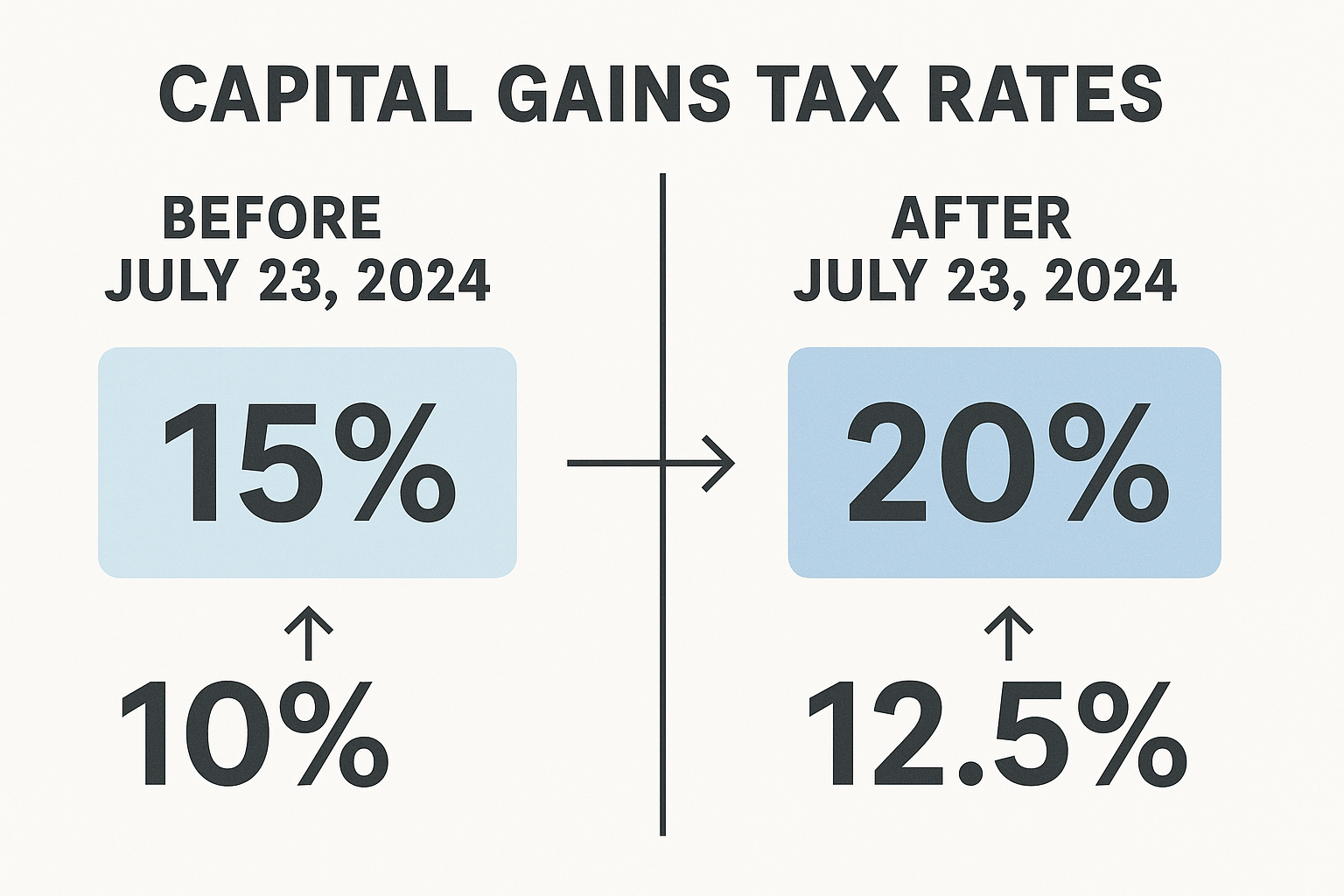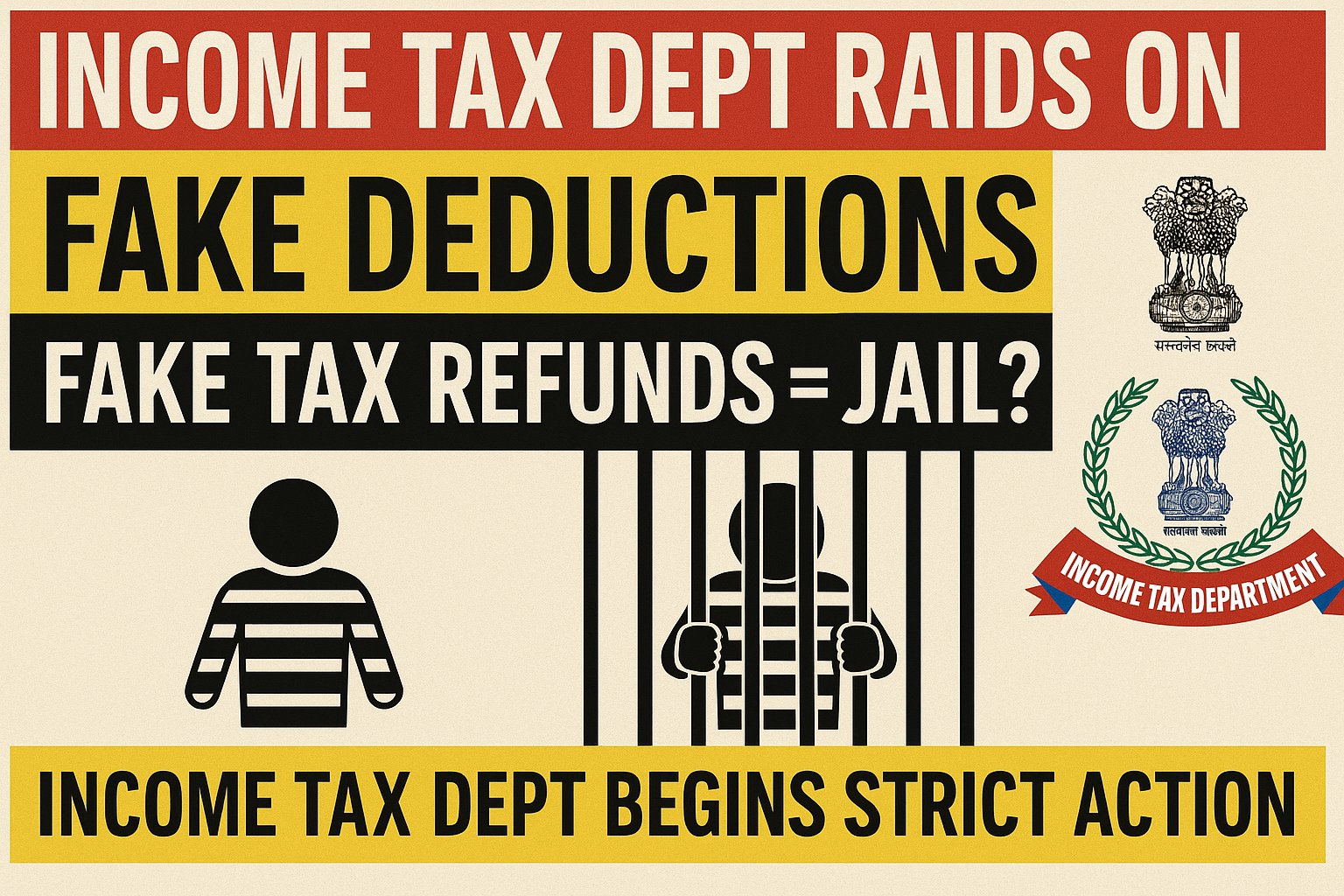Amendment to Section 200(3): Timeline for Filing Correction Statements
The Finance Act (No. 2), 2024, introduced a crucial amendment to Section 200(3) of the Income-tax Act, affecting the timelines for filing correction statements related to tax deducted at source (TDS) or tax collected at source (TCS). This change seeks to streamline the correction process and set a defined timeline for stakeholders to submit corrections.
What Does the Amendment State?
As per the amendment to Section 200(3) of the Income-tax Act:
- No correction statement shall be accepted after the expiry of six years from the end of the financial year in which the original TDS/TCS statement was required to be delivered.
- Correction statements pertaining to financial years 2007-08 to 2018-19 shall be accepted only up to 31st March 2025.
This amendment limits the correction window, ensuring timely rectification of errors while avoiding prolonged administrative backlogs.
Applicability of the Amendment
1. Financial Year Applicability
The six-year limit applies retrospectively. As a result:
- For financial years 2007-08 to 2018-19, correction statements must be delivered no later than 31st March 2025.
- For financial years 2019-20 onwards, the six-year rule applies, beginning from the end of the financial year in which the original statement was due.
2. Who Needs to Take Action?
This amendment impacts the following stakeholders:
- Deductors: Entities or individuals responsible for deducting TDS.
- Collectors: Entities or individuals responsible for collecting TCS.
- Other Stakeholders: Any party required to file or amend TDS/TCS statements under the Income-tax Act.
Steps to File Correction Statements
To ensure compliance with the revised timelines, stakeholders must follow these steps:
- Identify Errors in Previous Statements:
Review TDS/TCS statements filed for financial years 2007-08 to 2018-19 and identify discrepancies or errors that require rectification. - Log in to the TRACES Portal:
Access the Tax Deduction and Collection Account Number (TAN)-based portal (TRACES) for filing correction statements. - Submit Corrections Before the Deadline:
Ensure all corrections for financial years 2007-08 to 2018-19 are submitted by 31st March 2025. - Adhere to the Six-Year Rule for Future Filings:
For subsequent financial years, plan corrections in line with the six-year limitation period.
Deadline for Historical Corrections
The last date for submitting corrections for financial years 2007-08 to 2018-19 is:
31st March 2025
Failure to submit corrections by this date will result in the rejection of the statements, and the errors will remain unresolved in the Income-tax records.
Next Steps for Stakeholders
- Review Past Statements: Stakeholders are advised to immediately review their TDS/TCS filings for the relevant financial years and identify any errors requiring correction.
- Prioritize Corrections: Given the limited window for historical corrections, prioritize amendments for financial years close to the 31st March 2025 deadline.
- Seek Expert Assistance: If needed, consult tax professionals or advisors to ensure accurate and timely submission of correction statements.
The amendment to Section 200(3) of the Income-tax Act emphasizes the importance of timely rectification of errors in TDS/TCS statements. Deductors, collectors, and stakeholders must act promptly to avoid missing the 31st March 2025 deadline for historical corrections.
By adhering to the six-year timeline, taxpayers can ensure smoother compliance processes and avoid potential complications in the future.
Visit www.cagurujiclasses.com for practical courses


